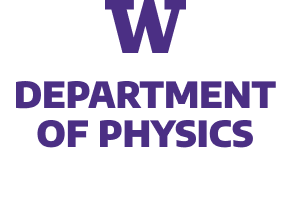We study two different methods to prepare excited states on a quantum computer, a key initial step to study dynamics within linear response theory. The first method uses unitary evolution for a short timeT=O(√(1−F)) to approximate the action of an excitation operator O with fidelity Fand success probability P≈1−F. The second method probabilistically applies the excitation operator using the Linear Combination of Unitaries (LCU) algorithm. We benchmark these techniques on emulated and real quantum devices, using a toy model for thermal neutron-proton capture. Despite its larger memory footprint, the LCU-based method is efficient even on current generation noisy devices and can be implemented at a lower gate cost than a naive analysis would suggest. These findings show that quantum techniques designed to achieve good asymptotic scaling on fault tolerant quantum devices might also provide practical benefits on devices with limited connectivity and gate fidelity.


